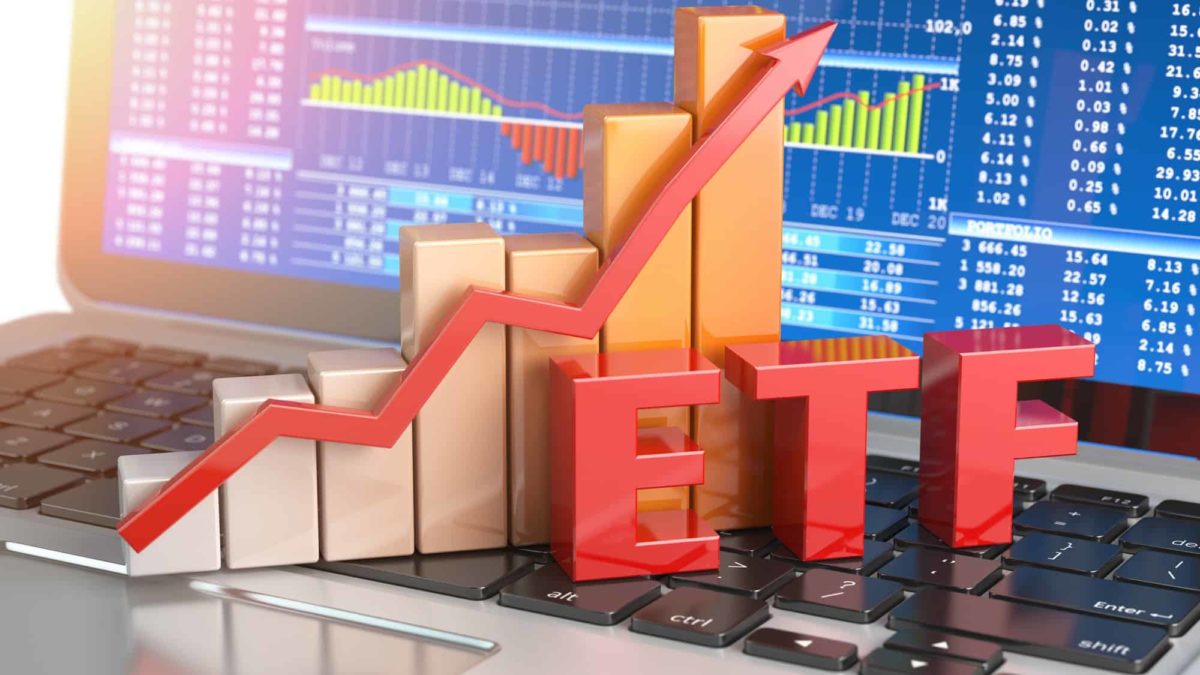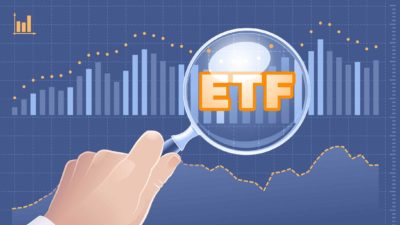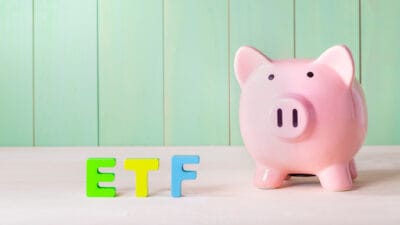Exchange-traded funds (ETFs) could be smart picks in December 2021 for the long-term.
ETFs can be very effective investment vehicles to get exposure to the stock market. Some ETFs are focused on a particular share market, like Vanguard Msci Index International Shares ETF (ASX: VGS).
But there are others that provide more specific exposure and have historically produced better returns:
Betashares Global Cybersecurity ETF (ASX: HACK)
This ETF provides investors with access to a range of businesses involved with cybersecurity. In total, there are 36 positions in the portfolio.
Some of those businesses are large companies like Palo Alto Networks, Cisco Systems, Okta, Crowdstrike, Cloudflare, F5 Networks, Mimecast and Verisign. There are also smaller ones like Tufin, Ribbon Communications and Zix.
BetaShares says that worldwide spending on cybersecurity is predicted to increase to almost US$250 billion by 2023. This ETF provides access to the leading companies who are working to reduce the impact of cybercrime globally.
The investment fund provider notes that there are very few pure play cybersecurity businesses on the ASX, so this ETF is a way to get that exposure.
It comes with an annual management fee cost of 0.67%. After fees, the Betashares Global Cybersecurity ETF has returned an average of 22.6% per annum over the last five years. However, past performance is not a reliable indicator of future performance.
Over 90% of the portfolio is based on US-listed businesses. The other countries with noticeable allocations are: Israel, Japan, France and India.
VanEck Morningstar Wide Moat ETF (ASX: MOAT)
This ETF has a focus on quality US companies that Morningstar believes have sustainable competitive advantages, or wide economic moats.
The target companies must be trading at attractive prices relative to Morningstar's estimate of fair value to be added to the portfolio. Those valuations are reached after Morningstar's "rigorous" equity research process.
At 7 December 2021, this ETF had 50 positions. The ones with weightings of more than 2.5% were: Berkshire Hathaway, Constellation Brands, Salesforce, Blackbaud, Corteva, Aspen Technology, Alphabet, Tyler Technologies, Wells Fargo, Microsoft and Cheniere Energy.
For the moat rating, Morningstar looks at the 1,500 companies under its coverage and decides whether those businesses have sustainable competitive advantages that allow the company to generate positive economic profits for investors over an extended period of time. Only 14% had a wide moat rating.
To earn a wide moat rating, a company must (with near certainty) be able to generate excess normalised returns in 10 years from now. Also, excess normalised returns must, more likely than not, be positive 20 years from now.
For this ETF, the duration of forecast economic profit is far more important than the absolute magnitude. For example: "If a high-flying tech company is a first-mover in offering a popular, innovative product or service, it might quickly achieve very high returns on invested capital. However, if there is no moat source, such as intellectual property, preventing competitors from replicating that product or service", then the business wouldn't get a wide moat rating.
It has an annual management fee of 0.49% and has produced average returns per annum of 18.4% over the last five years. Again, past performance is not a reliable indicator of future performance.









